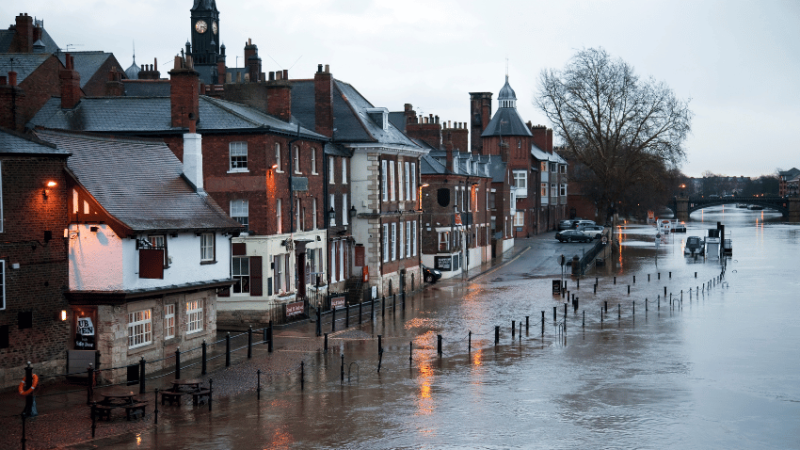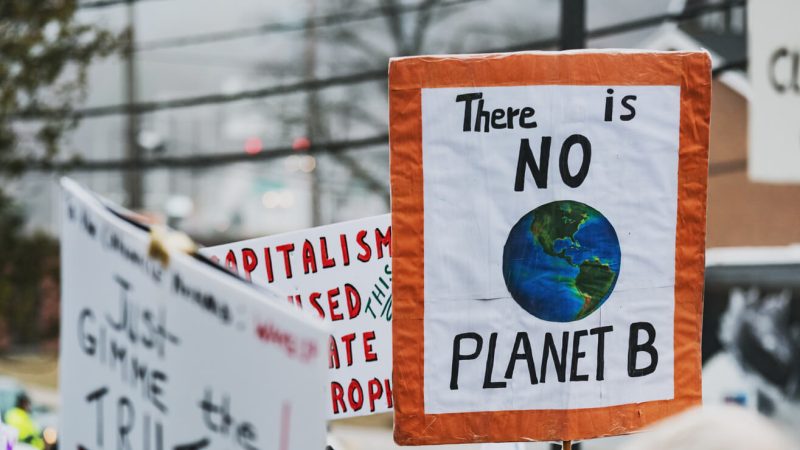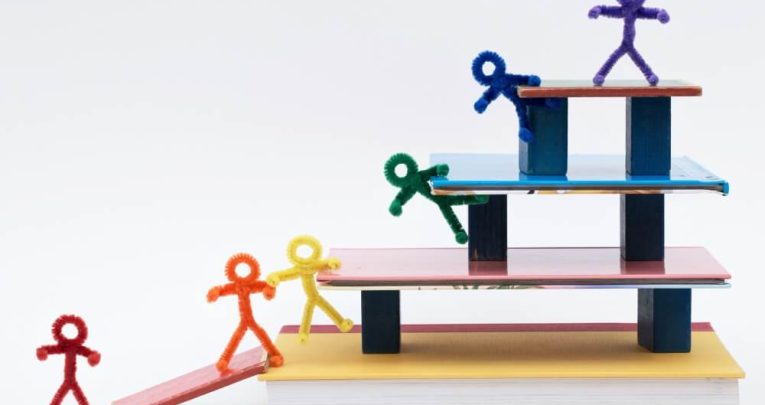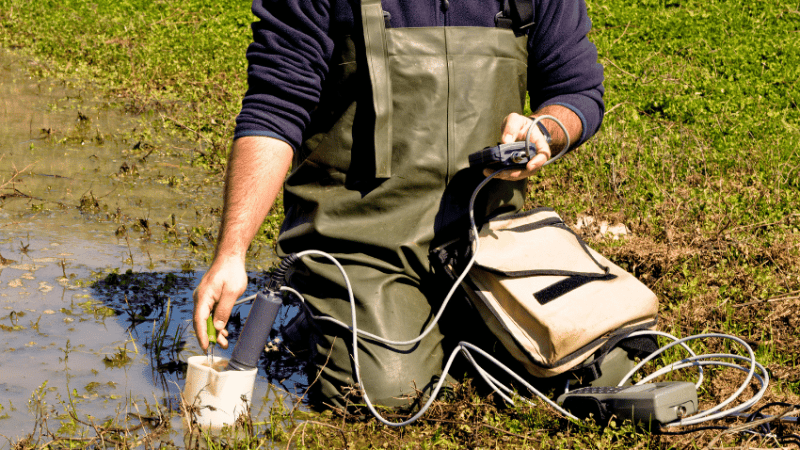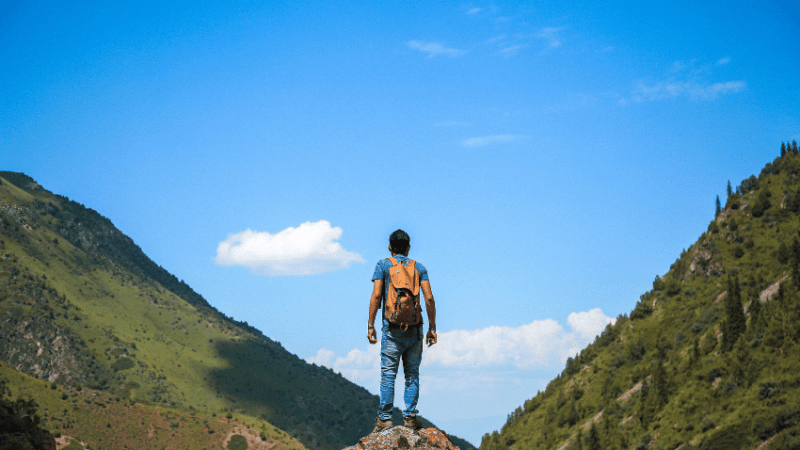7 of the best geography lesson plans for KS3 and KS4
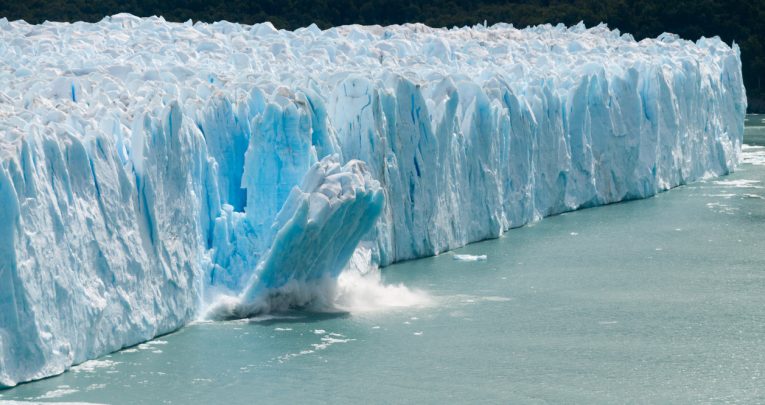
Explore climate change, use mobile phones to learn fundamental map skills, see what effects humans have on water and much much more…

- by Teachwire
- Classroom expertise and free resources for teachers
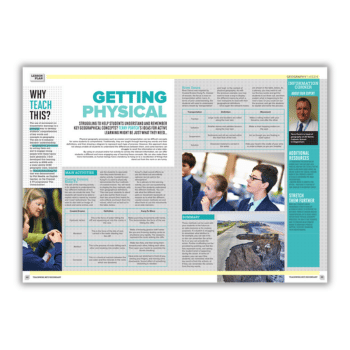
Click the links to download each of these free PDF lesson plans.
1 | Use Kinesthetic Learning To Teach Erosion And Transportation
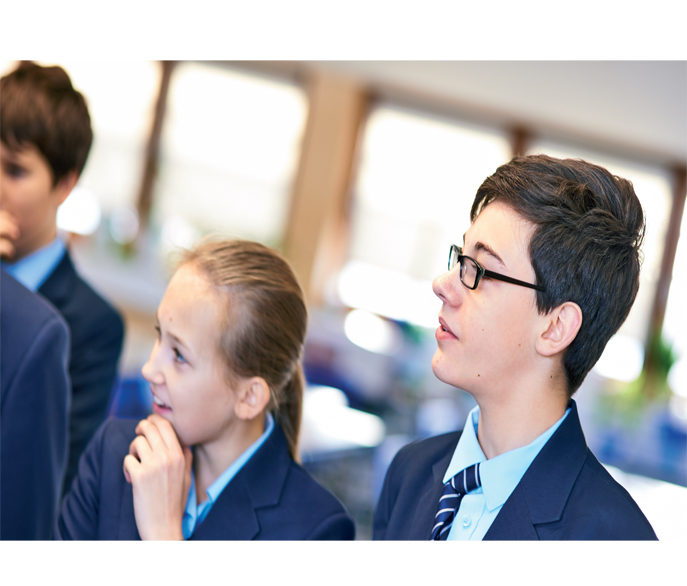
Physical geography processes such as erosion and transportation can be difficult concepts for some students to comprehend. Traditionally, they are taught through learning keywords and their definitions, and then drawing a diagram to represent each type of process.
However, this approach does not always enable all students to understand the differences between them, and some learners can struggle to recall the information at a later date.
The use of movement (or kinaesthetic learning) is a powerful way to develop students’ comprehension of key words and concepts in geography. The aim of this lesson is to enhance learners’ understanding of geographical processes by acting them out.
Click here to get this free lesson plan.
2 | Explore Globalisation, Inequality, Global Citizenship And Uneven Development

As angry groups around the world attempt to voice the concerns of ‘the 99%’, Angus Willson sees an opportunity to bring notions of global inequality and distribution of wealth a little closer to home for KS4 students.
Click here to get this free lesson plan.
3 | Learn About The Effects Of Human Behaviour On Water
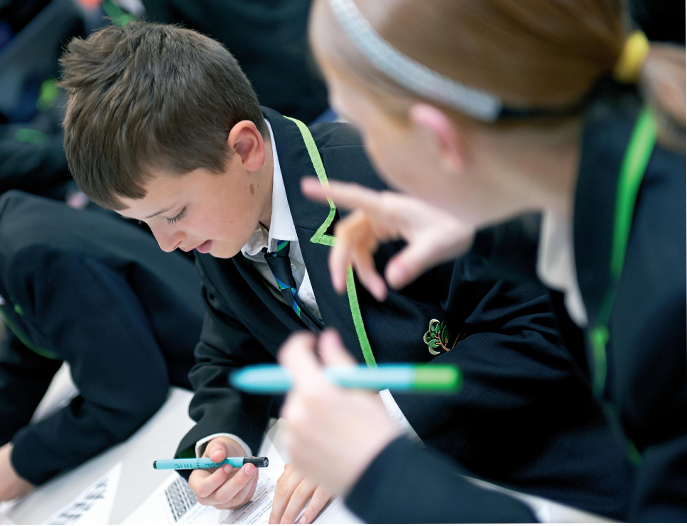
The purpose of this lesson plan is to make students aware of the effects of human behaviour on the environment, through focusing on our impact on life in the water. This fits in well with KS3 geography, as it engages locational knowledge, global awareness, weather and climate, urban change and sustainable development.
The idea is to encourage students to be independent in their research, before bringing their findings to the group and having thought provoking discussion. Pupils are given the task of promoting the right to clean safe water for wildlife, from tadpoles to starfish and from killer whales to coral.
They will learn about water, its animal inhabitants and geography – then ‘become the creatures that need it’, imagining what they would be saying if they could speak for themselves and for conservation.
Click here to get this free lesson plan.
4 | Use Mobile Phones To Learn About Globalisation
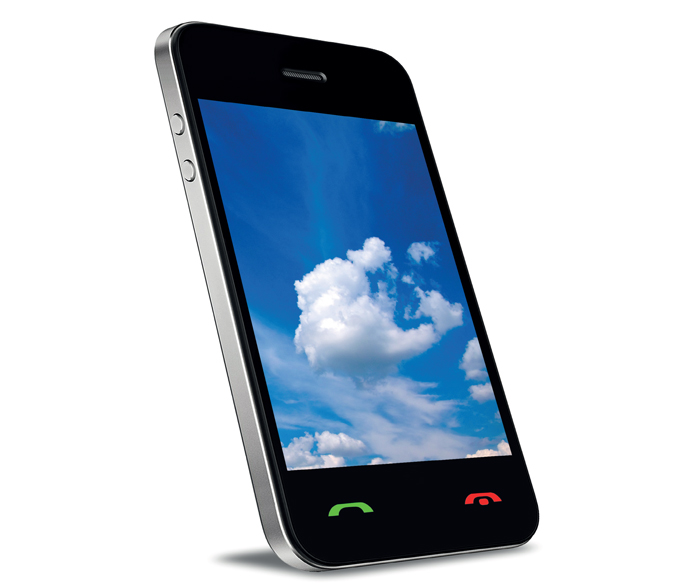
Mobile phones allow loads of opportunity for learning about key processes in geography. They allow communication and access to the internet which are key drivers of globalisation. They are also indicators of development.
Put simply, mobile phones are packed full of geography and relate to globalisation, international development and economic activity.
This lesson starts with the experiences of students and enables them to interpret maps and data and develop their literacy and exam technique. It also includes suggestions for local and/or school-based fieldwork.
Click here to get this free lesson plan.
5 | Use An Ice Cube To Show How Glaciers Move
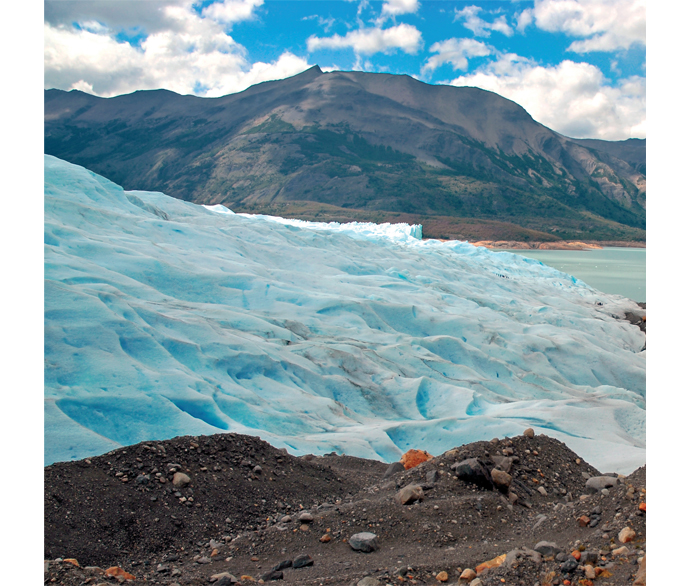
This lesson was originally used with a (very) mixed ability Year 11 class studying the ‘Ice on the Land’ topic as part of the AQA, a GCSE Specification for Geography.
It explores the three methods by which glaciers move: basal slip, rotational slip and internal deformation. They’ll need to draw accurate diagrams and even get up on their feet and physically demonstrate the movements in groups.
Click here to get this free lesson plan.
6 | Grab Students’ Attention And Keep It
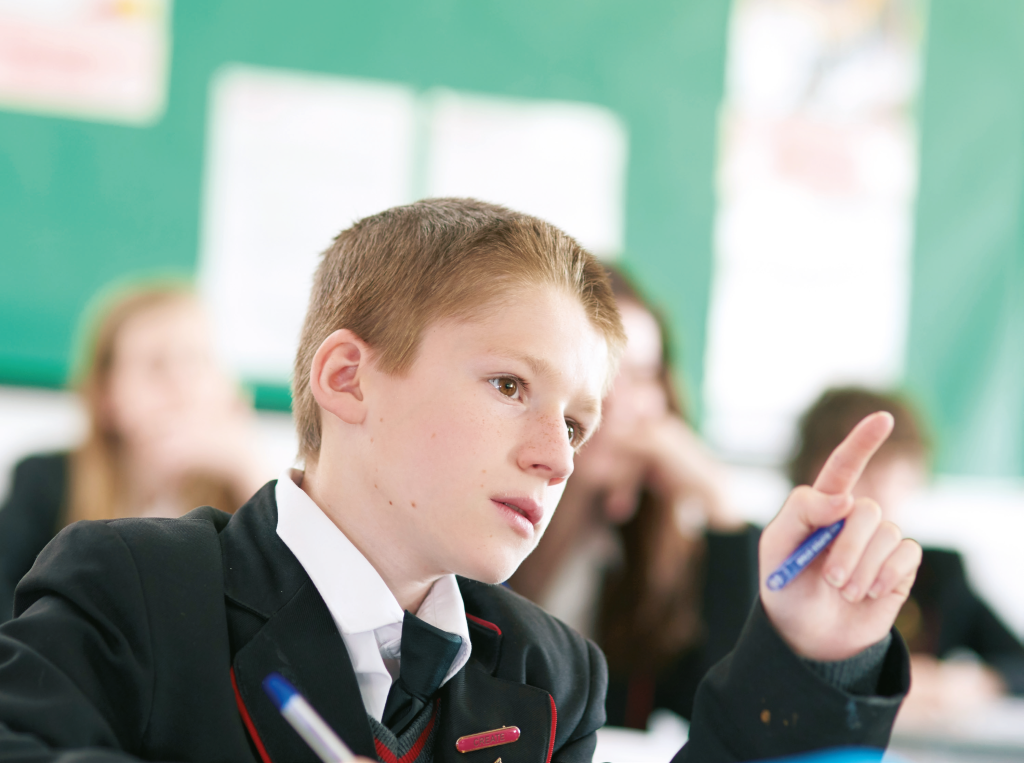
In Jenet Gwaki’s lesson plan you will encourage the development of learner skills, including teamwork, while establishing understanding of the causes of uneven development.
The learning objective is focused on the causes of uneven development. By the end of the session, learners should be able to: explain what is meant by ‘development’, analyse the measures of development and evaluate the factors that cause some countries to be more developed than others.
Click here to get this free lesson plan.
7 | Find Out What Students Really Know About Climate Change And How It Is Debated
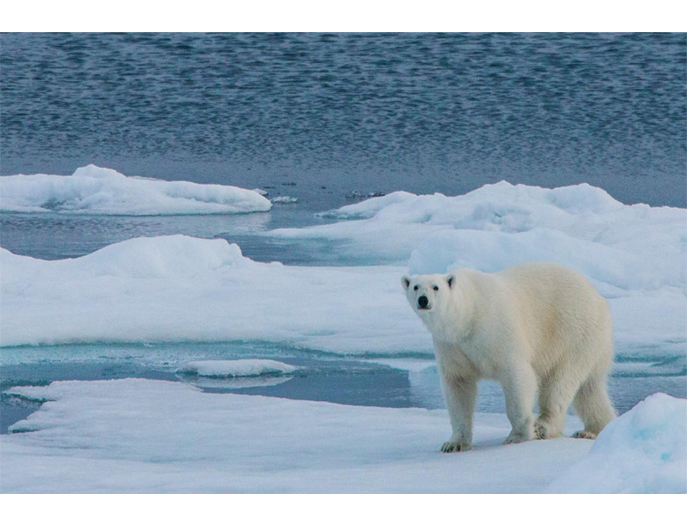
What do your pupils really know about climate change? This lesson is intended to get KS4 students thinking carefully about the subject of climate change, and how the way it is debated affects our understanding of the subject.
They will recognise the importance of having a view on the most important global issue of all time, and as a class create an inventory of your knowledge about climate change.
Click here to get this free lesson plan.
Take a look at practical ways to teach abrasion in your classroom.





